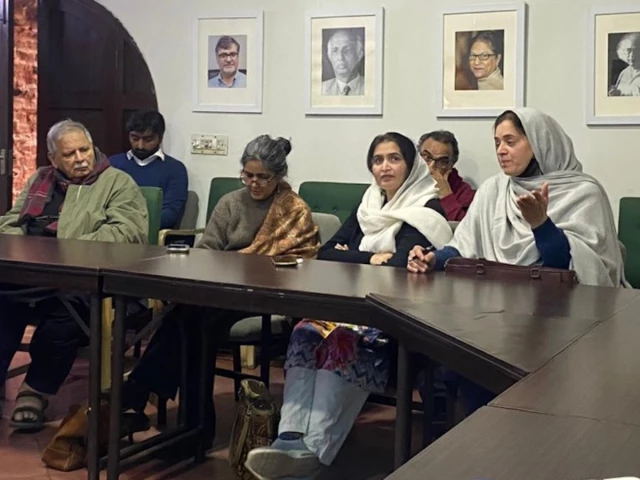- Forza Horizon 6: More Details on The Country, The Culture and The Cars of Playground Games’ Japan Xbox Wire
- When And Where To Watch Today’s Xbox Developer Direct Kotaku
- Forza Horizon 6 Gets First Gameplay Details And May Launch Date Game…
Author: admin
-
Forza Horizon 6: More Details on The Country, The Culture and The Cars of Playground Games’ Japan – Xbox Wire
-
Kirkland Advises GBL on €2 Billion Portfolio Sale Anchored by Carlyle AlpInvest | News
Kirkland & Ellis advised Groupe Bruxelles Lambert (GBL) on its approximately €2 billion portfolio sale anchored by Carlyle AlpInvest. This transaction represents Europe’s largest LP secondary sale in 2025 and one of the largest in secondary market history.
The portfolio comprised of more than 45 funds, primarily European buyout exposure.
The Kirkland team included investment funds lawyers Ted Cardos, Arie Scharf and Samuel Gibson; and tax lawyers Gal Shemer, Beatriz Capeloa Gil, Andrew Zhang and Lauren Lin.
Continue Reading
-
Fresh snowfall in Murree; rescue teams on high alert – RADIO PAKISTAN
- Fresh snowfall in Murree; rescue teams on high alert RADIO PAKISTAN
- Travel advisory issued for Murree as hill station receives snowfall Dawn
- Authorities on high alert in Murree as snowfall begins Daily Times
- Heavy Snowfall Expected in Murree
Continue Reading
-
Researchers Restore Brain Cell Function in Parkinson’s Models – SciTechDaily
- Researchers Restore Brain Cell Function in Parkinson’s Models SciTechDaily
- Lewy body formation in Parkinson’s disease: Scientists propose a new molecular roadmap Medical Xpress
- Researchers discover a biochemical route that plays role in…
Continue Reading
-
This Couple Married Surrounded by Hundreds of Blooming Rose Bushes at Their Montecito Wedding
Scott Kellman first slid into Allison Taylor’s DMs during the pandemic. “Instagram never appealed to him, but he decided to download it in an effort to put himself out there,” Allison, the co-founder of the cult skincare brand Le Prunier,…
Continue Reading
-

Naomi Osaka tones down her walk-on outfit. Turns up the heat at Australian Open
MELBOURNE, Australia — Fashion and friction have been the defining features for Naomi Osaka in two rounds at the Australian Open that couldn’t have been more different.
Osaka fended off Sorana Cirstea in a…
Continue Reading
-
Pakistan Army supports displaced families from Tirah amid snow – RADIO PAKISTAN
- Pakistan Army supports displaced families from Tirah amid snow RADIO PAKISTAN
- Displaced persons express reservations about Tirah military operation Dawn
- Military operations imposed on K-P without provincial approval: CM Sohail Afridi The Express…
Continue Reading
-

Wild Video Captures the Violent Trigger Behind Solar Flares
On September 30, 2024, the Sun unleashed a powerful explosion, causing magnetic field lines to break and reconnect in a criss-cross pattern. A Sun-observing probe was there to watch it unfold, gathering unprecedented data…
Continue Reading
-

HRCP meet expresses reservation on Punjab Local Govt Act 2025
Consultation participants agree local government is essential for democratic governance, effective service delivery
A consultation held by the Human Rights Commission of Pakistan in Lahore on Thursday. — HUMAN RIGHTS COMMISSION OF PAKISTAN X
…Continue Reading
-

Pride of the nation – Letsile Tebogo | News | Gaborone 26
Letsile Tebogo stepped on to the track alongside his teammates, bearing the weight of a nation and a continent on his shoulders. Together with the men’s 4x400m relay team, he turned belief into performance, lifted the hopes of a nation, and…
Continue Reading